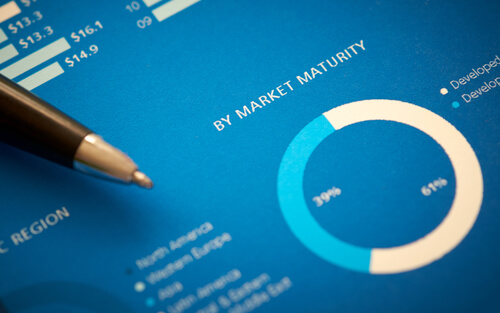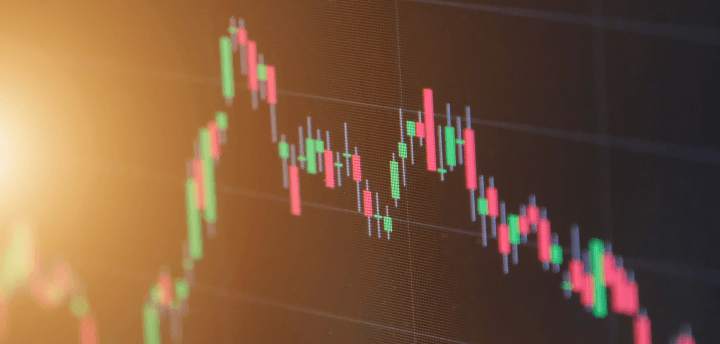Selling pressure lowered the S&P 500 by roughly 6% over two days this week. While sharp market moves can be unnerving, you shouldn’t let it disrupt your investment plan.
The main story driving markets now is the coronavirus. No one really knows how the virus will spread, how many people will die, how much it will disrupt the economy, or how long it will take to return to normalcy. This is scary. But if you have a smart investment plan, you should be able to weather periods of volatility like we’re seeing now.
We don’t believe fear of the coronavirus is a good reason for markets to fall so dramatically, just like there wasn’t a good reason for markets to fall in the fourth quarter of 2018. However, pullbacks happen. Every time we experience a pullback, things get noisy on social media, in the newspapers, and on TV. And this tends to compound fear and uncertainty.
Perspective
Understanding how markets typically work is a good step towards avoiding emotional decision errors that too often undermine investors. You don’t want to make bad investment decisions during bad markets.
It is difficult to predict what will happen next with any consistency or certainty. But markets have rewarded investors over time. This we know.
The chart below from theirrelevantinvestor.com shows the S&P 500 index since the last major recession. For the 18th time since markets bottomed in 2009, the S&P 500 is more than 5% off its high. Yet this has been a wonderful time to be an investor, as markets moved significantly higher.
Pullbacks Happen
Unfortunately, no year sees everything go right. There are always things to worry about and events that surprise markets. The chart below shows that drawdowns occur with regularity. Markets suffered double-digit declines in 22 of the last 39 years, yet still ended those years with positive returns 75% of the time. So the key to successful investing is to get invested and stay invested. Plan on riding out volatile markets with an appropriate investment strategy.
Source: FactSet, Standard & Poor’s, J.P. Morgan Asset Management.
Returns are based on price index only and do not include dividends. Intra-year drops refers to the largest market drops from a peak to a trough during the year. For illustrative purposes only. Returns shown are calendar year returns from 1980 to 2019, over which time period the average annual return was 8.9%. Guide to the Markets – U.S. Data are as of December 31, 2019.
Our Views
- We can’t predict the impact of the virus on the U.S. economy.
- We employ an investment process that is not dependent on short term prognostications.
- We work with probabilities and seek to put the odds in our clients’ favor.
- We design portfolios to weather a range of potential outcomes. We believe this is the most effective way to help clients achieve their financial goals and deal with uncertainty in markets.
- It’s possible that we won’t see a ton of additional downside from here, but we think we will see significant volatility in the near-term.
- Odds are the spread of the virus will slow & may be resolved by June.
- The fundamentals are still supportive.
- We think the strength of the stock market will continue over the long term.
Why not sell stocks now?
The critical elements that turn a short-term pullback into a bear market – recession, excessive leverage, high inflation – simply aren’t present now. As such, we are not selling stocks now.
If the stock market selloff is causing you undue stress, perhaps you are taking too much risk in your investment portfolio. If you aren’t feeling anything because of the volatility, maybe you can afford to take more risk and seek higher returns. In either case, it’s a good time to speak with a trusted financial advisor.
Final Thoughts
Though uncertainty is high, we want to emphasize that we are focused on meeting the investment challenges of navigating this environment and taking advantage of opportunities that it presents. Our quantitative framework allows us to assess opportunities and risks in a very consistent, unbiased, and disciplined process that is not influenced by emotions, politics, or sensational media news flow.
While short-term results for investors can be painful at times, we believe markets will continue to reward those who stick with a sound, long-term investment plan
We appreciate your confidence.



































































